At the workshop "Providing information on the harmful effects of tobacco and the role of tax policy in preventing the harmful effects of tobacco", organized by the Ministry of Information and Communications on the morning of August 13, Ms. Dinh Thi Thu Thuy, Deputy Director of the Department of Legal Affairs (Ministry of Health) cited research data from the Health Economics Association showing that in 2022, medical costs (direct and indirect) due to diseases related to tobacco use will reach VND 108,000 billion, equivalent to 1.14% of GDP.
Meanwhile, total tax revenue from tobacco reached 17,600 billion VND, less than 1/5 of medical expenses...
"They say that tax collection is to ensure no loss of revenue, that interests need to be harmonized, and that businesses need to be developed, but adding them up, each family will see the huge amount of money people have to spend on medical expenses," Ms. Dinh Thi Thu Thuy analyzed.

From 2008 to 2019, Vietnam increased the special consumption tax on tobacco three times, but the increase was small each time. The interval between tax increases was quite long: In 2008, the tax rate increased from 55% to 65%; 8 years later, in 2016, it increased from 65% to 70%; 3 years later, in 2019, it increased from 70% to 75%.
Although the special consumption tax rate is 75%, the total tax on retail prices only accounts for 38.8%. Vietnam is still among the countries with the lowest tax rates and cigarette prices in the world, lower than the average of ASEAN countries (cigarette prices in Vietnam are half of those in Thailand, only higher than Laos and Cambodia).
"The price of a pack of the most popular cigarettes in Vietnam is currently less than 1 USD, half the average price in the group of countries with the lowest cigarette prices in the Western Pacific region," Ms. Thuy informed.
According to Ms. Thuy, tobacco taxes and prices in Vietnam are currently very low, making it easy for people and children to access and buy cigarettes.
“The results of the 2023 survey on retail cigarette prices in Hanoi and Ho Chi Minh City show that there are about 40 cigarette brands on the market priced under VND10,000/pack. Meanwhile, parents spend VND20,000-30,000 on their children’s breakfast. Children can spend VND10,000 to buy sticky rice and the rest to buy cigarettes,” said Ms. Thuy.
Increasing tobacco taxes and prices is considered an important solution, contributing about 60% of the effectiveness in reducing tobacco use rates.
Commenting on the draft Law on Special Consumption Tax (amended), the Ministry of Finance proposed two options to adjust tax rates on tobacco products in the direction of maintaining the 75% tax rate and adding an absolute tax rate according to the annual increase schedule in the period 2026-2030.
Option 1 will increase by 2,000 VND/bag in the first year, reaching an increase of 10,000 VND/bag in 2030. Option 2 will increase by 5,000 VND/bag from 2026, increasing by 1,000 VND/bag in the next 5 years, reaching 10,000 VND/bag in 2030.
Meanwhile, the Tobacco Association only proposed an increase of 1,000 VND/pack in 2025, and only 3,000 VND/pack in 2030.
“An increase of VND1,000 per pack of cigarettes cannot compensate for the current price increase. Some popular brands cost VND10,000 per pack. If an absolute tax of VND1,000 per pack is added, the retail price will only be VND11,000 per pack. This increase is insignificant and will not change the demand for cigarettes,” said the leader of the Legal Department (Ministry of Health).
Dr. Angela Pratt, World Health Organization (WHO) Representative in Vietnam, noted that the Ministry of Finance's proposal to increase taxes is a step in the right direction but not enough. To achieve the goal of reducing smoking rates, WHO recommends a higher option: the special consumption tax rate increases from VND5,000/pack to VND15,000/pack by 2030, plus a product tax rate equal to 75% of the current factory price.
Expected results: Smoking rate will decrease by 13%, estimated to reduce about 696,000 smokers by 2030 compared to 2020; collect an additional VND 29,300 billion per year from tobacco tax compared to 2020.
“The Ministry of Health proposes that the absolute tax rate must reach VND15,000/pack (20 cigarettes) by 2030, in addition to the 75% tax rate. This plan will help achieve a tax rate of 65% of the retail price, close to the WHO recommendation, helping to reduce the rate of tobacco use among men to 36% by 2030,” Ms. Thuy emphasized.
According to WHO, Vietnam is still one of the 15 countries with the highest rate of adult male smokers in the world, ranking 3rd in the ASEAN region. It is estimated that each year, there are 40,000-70,000 premature deaths/year due to tobacco use.
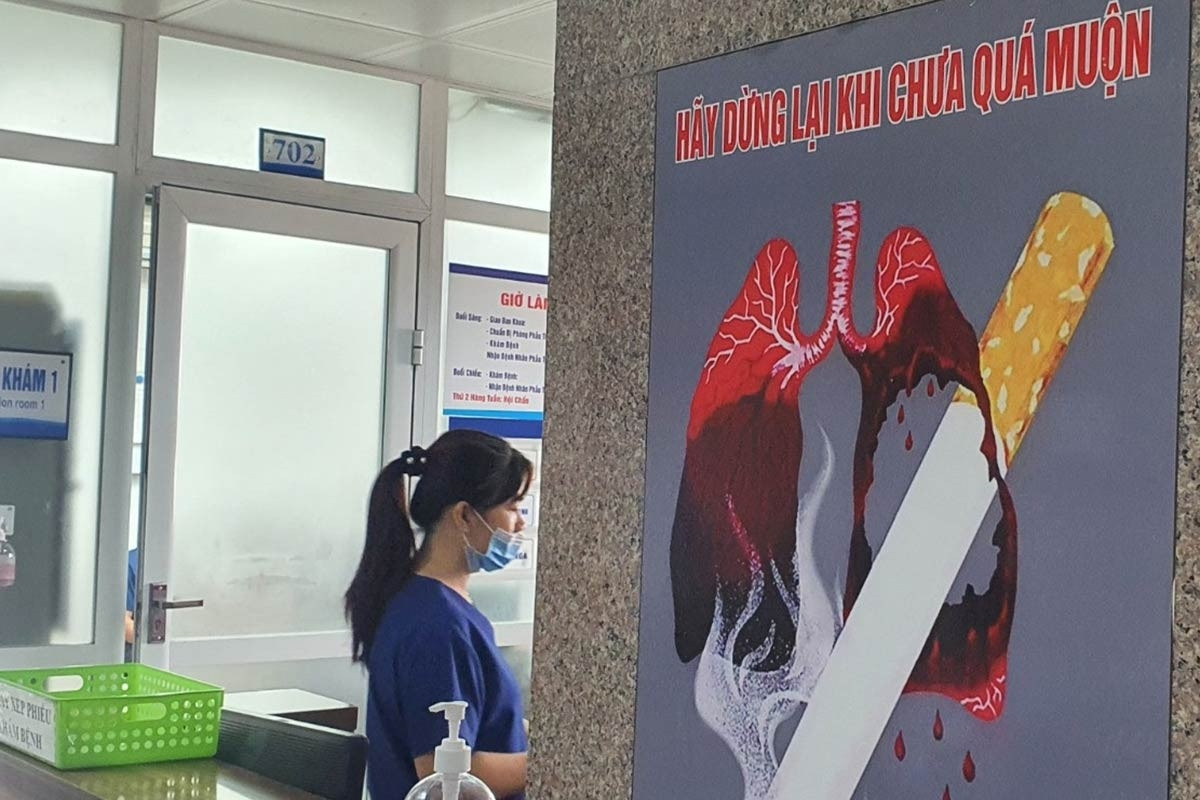
Source: https://vietnamnet.vn/de-xuat-ap-thue-15-000-dong-bao-thuoc-la-2311299.html


![[Photo] Prime Minister Pham Minh Chinh chairs meeting to discuss tax solutions for Vietnam's import and export goods](https://vstatic.vietnam.vn/vietnam/resource/IMAGE/2025/4/10/19b9ed81ca2940b79fb8a0b9ccef539a)




![[Photo] Phuc Tho mulberry season – Sweet fruit from green agriculture](https://vstatic.vietnam.vn/vietnam/resource/IMAGE/2025/4/10/1710a51d63c84a5a92de1b9b4caaf3e5)

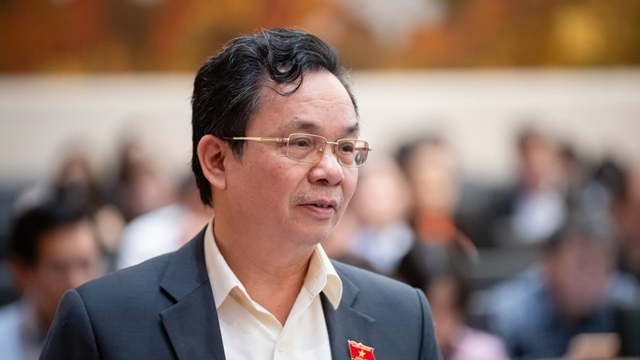

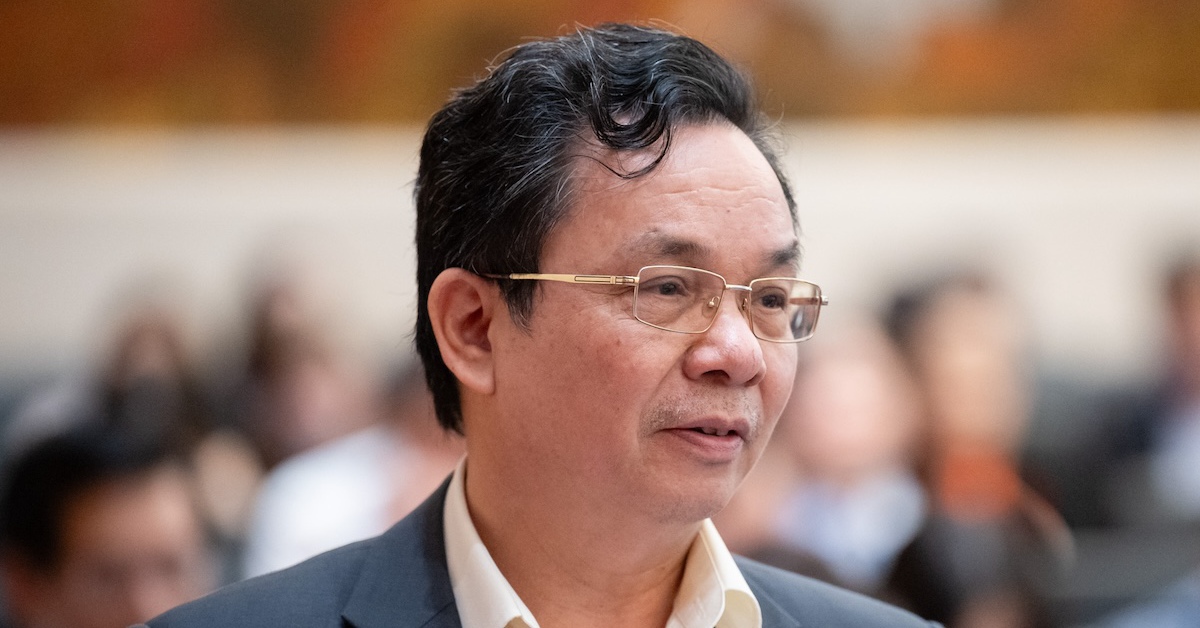


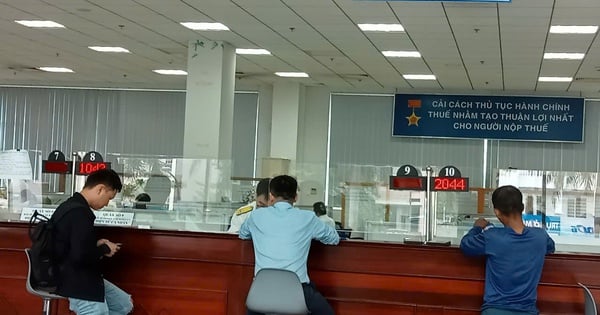

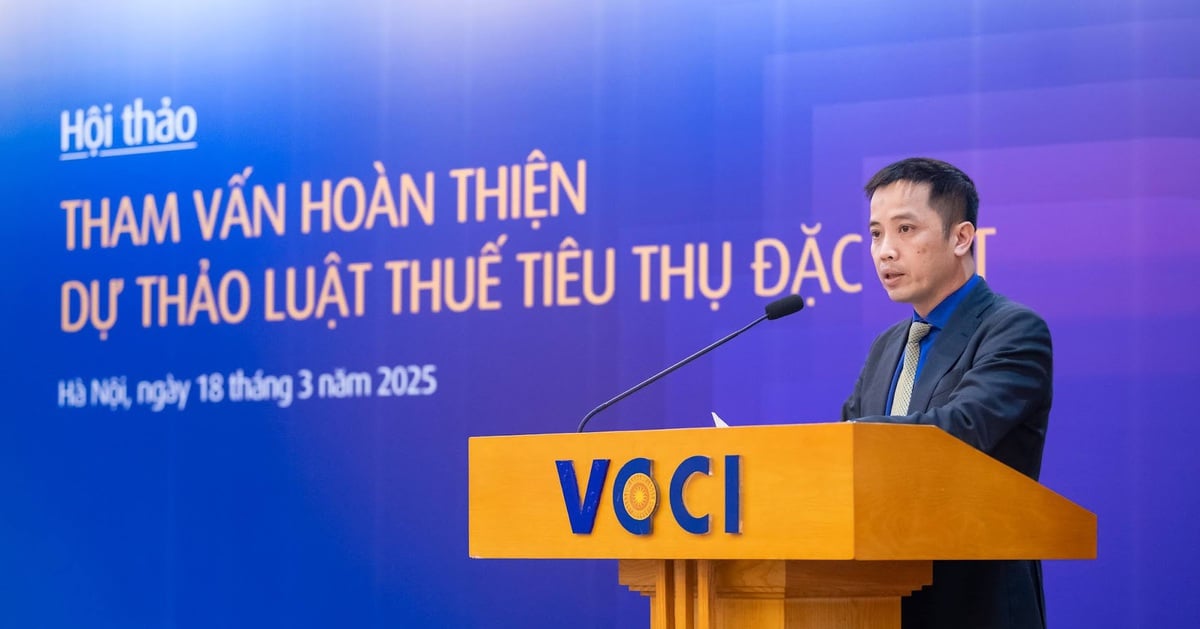
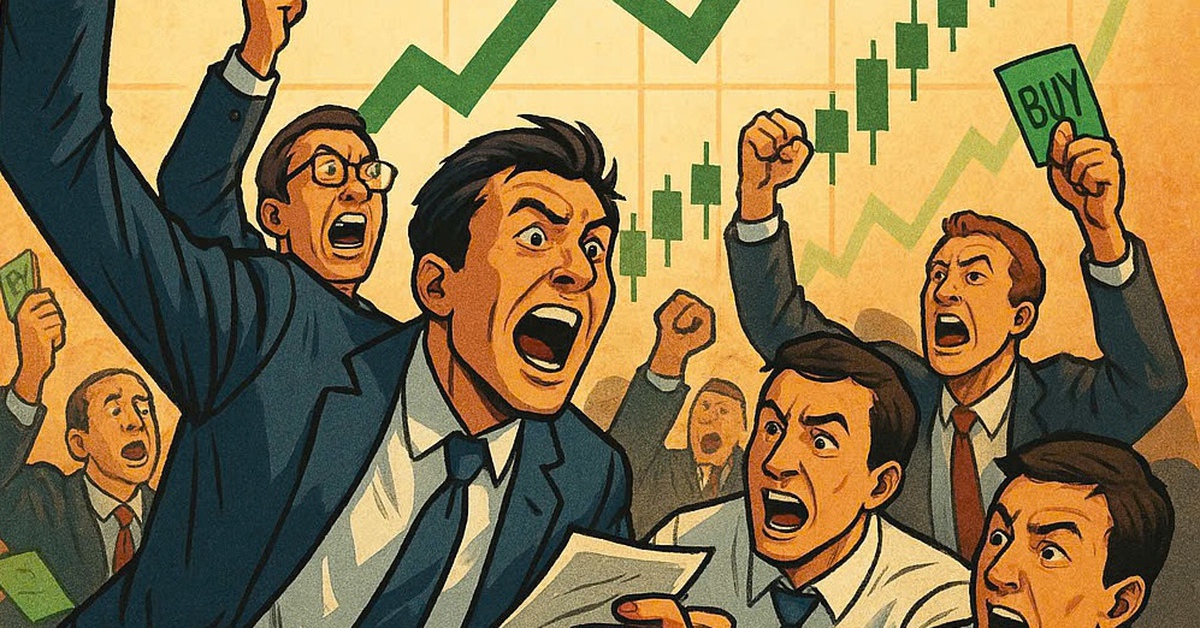

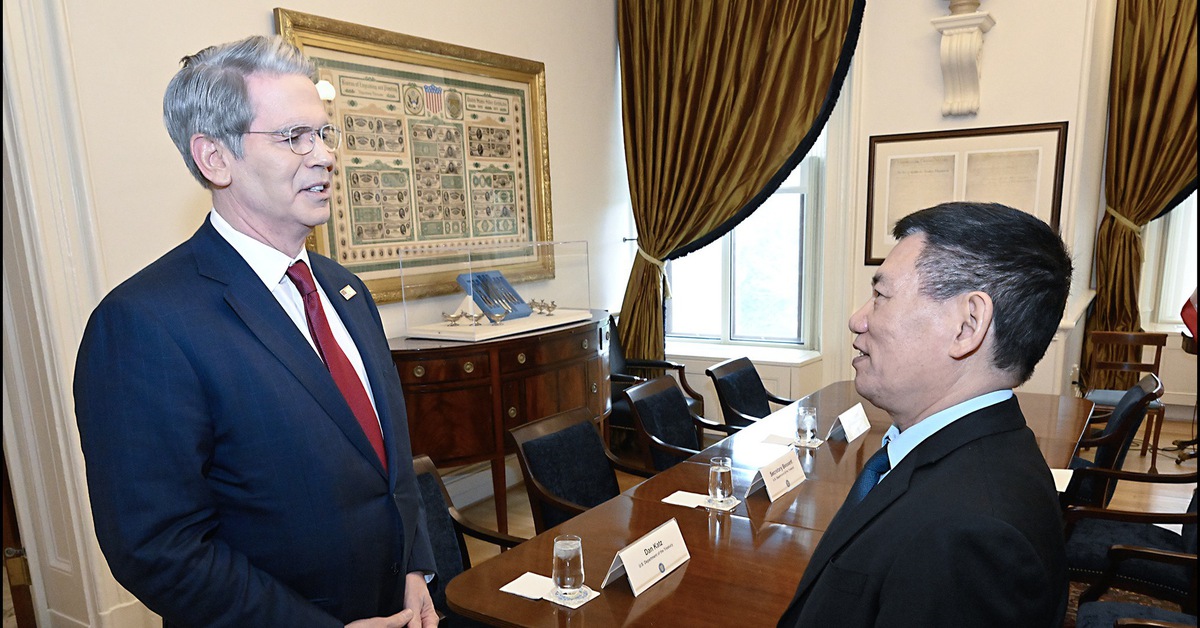
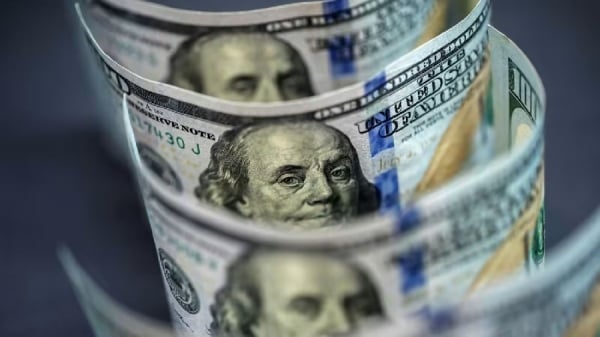
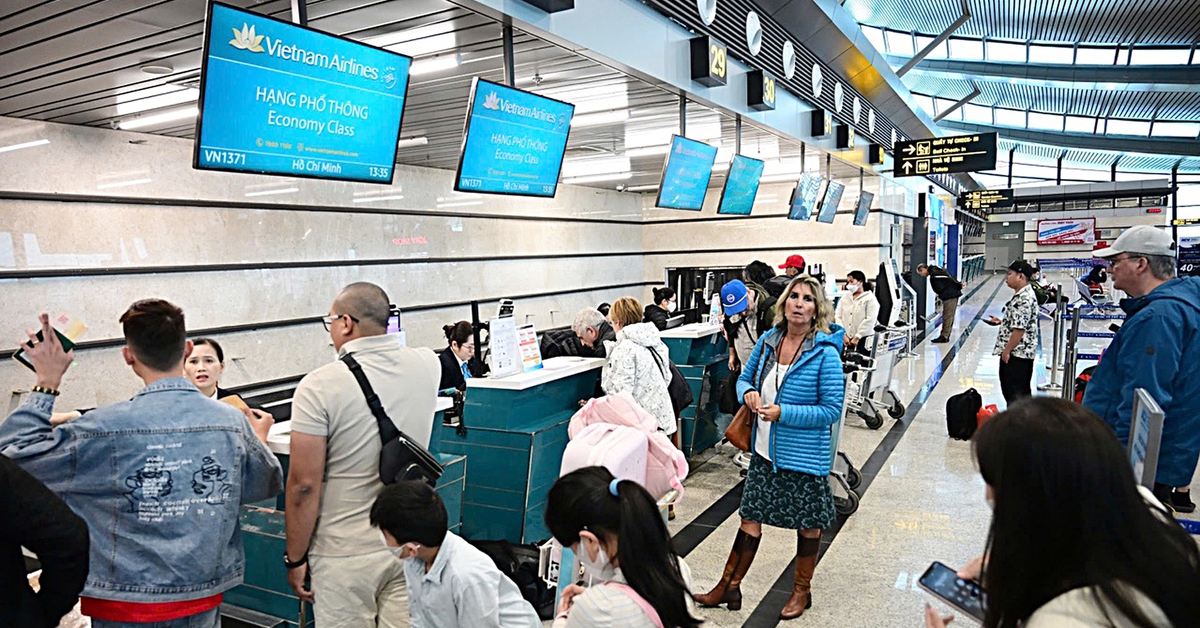
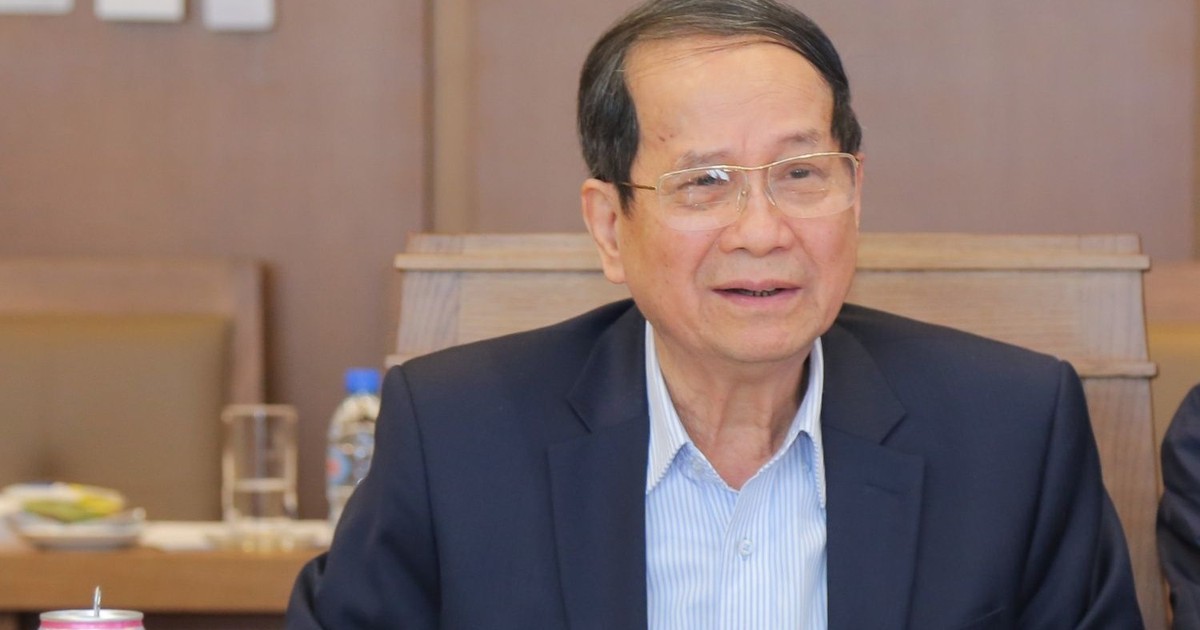







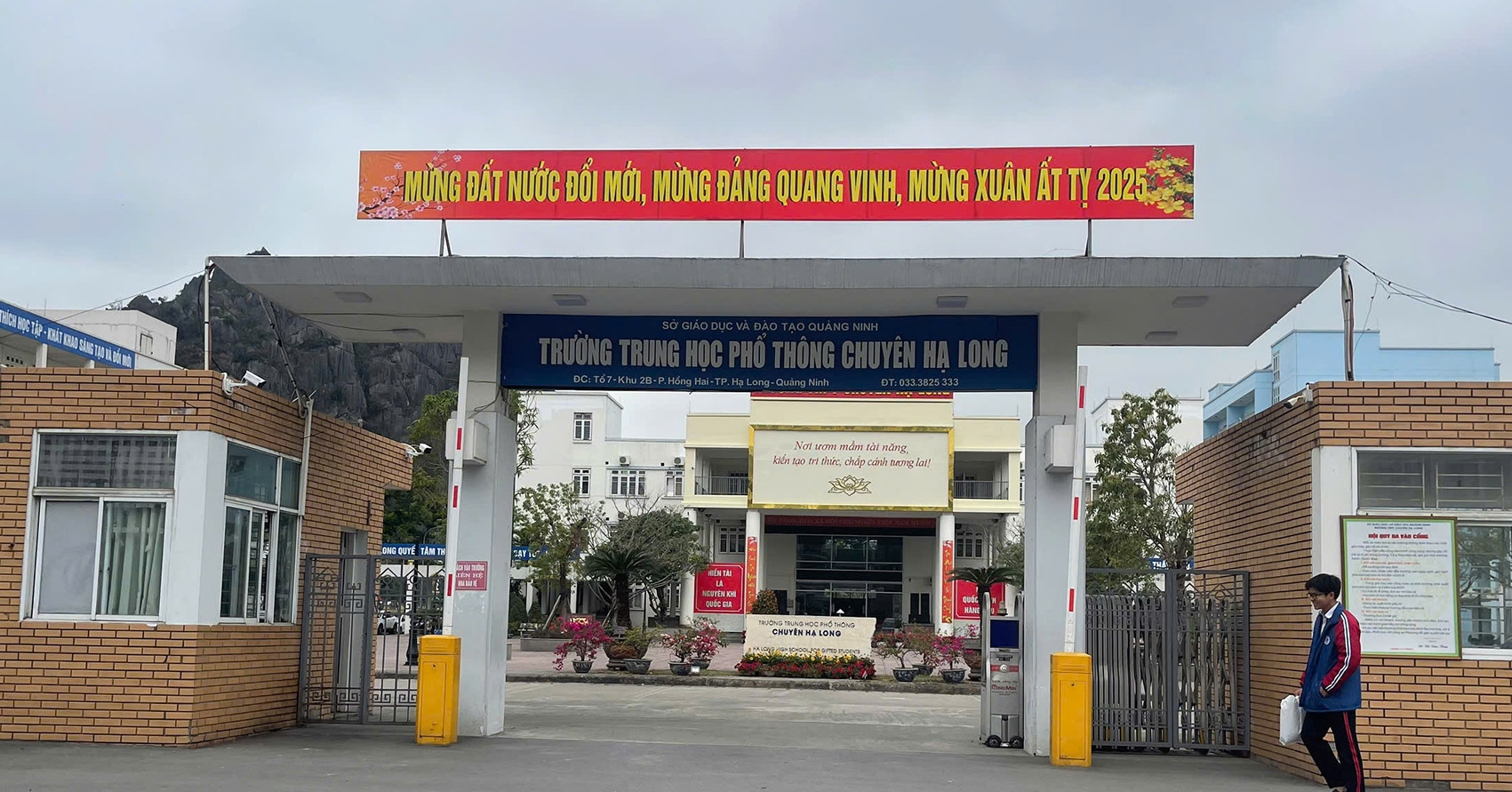

![[Photo] Unique folk games at Chuong Village Festival](https://vstatic.vietnam.vn/vietnam/resource/IMAGE/2025/4/10/cff805a06fdd443b9474c017f98075a4)















































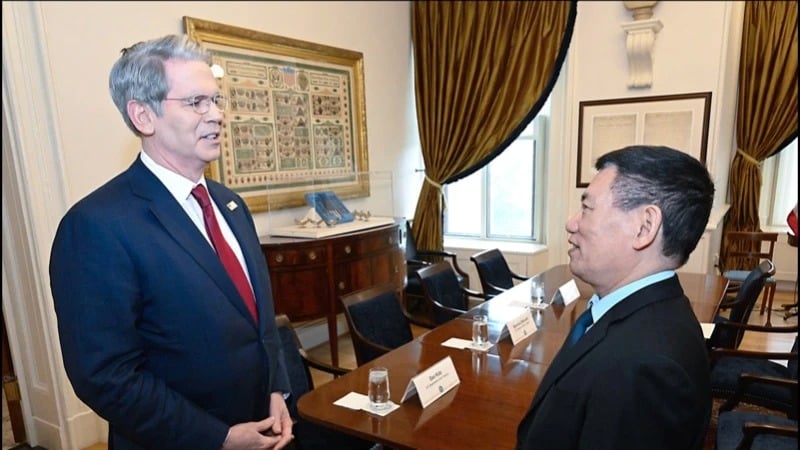




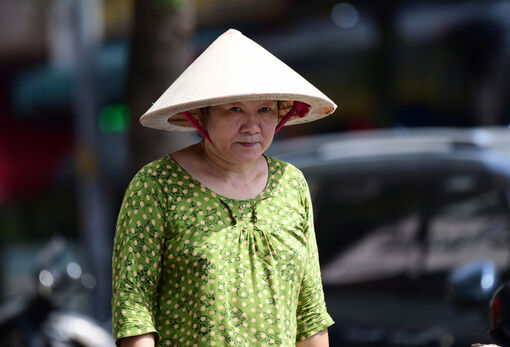











Comment (0)